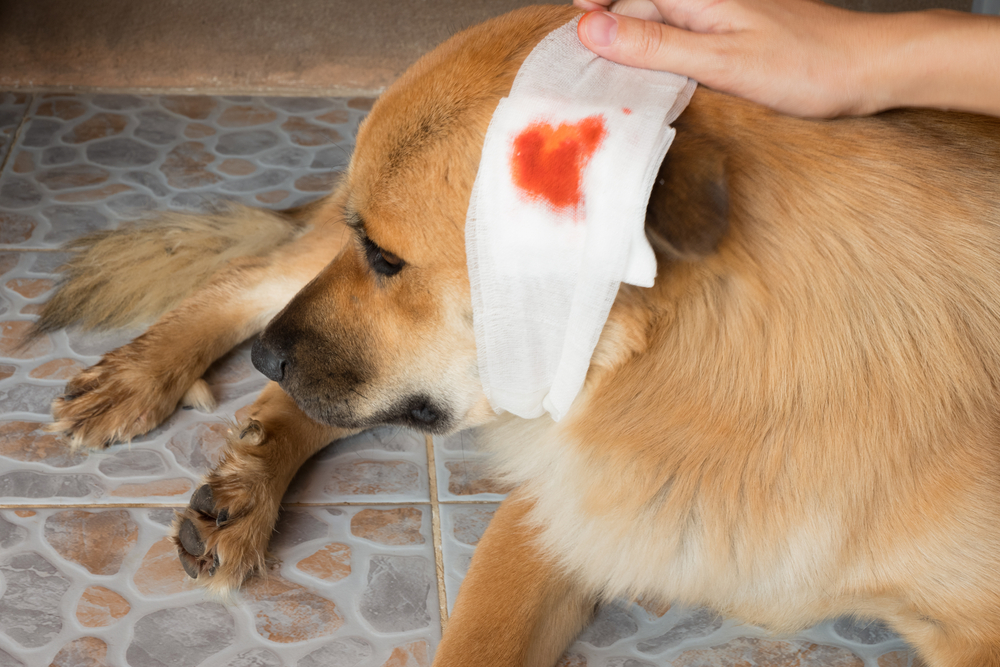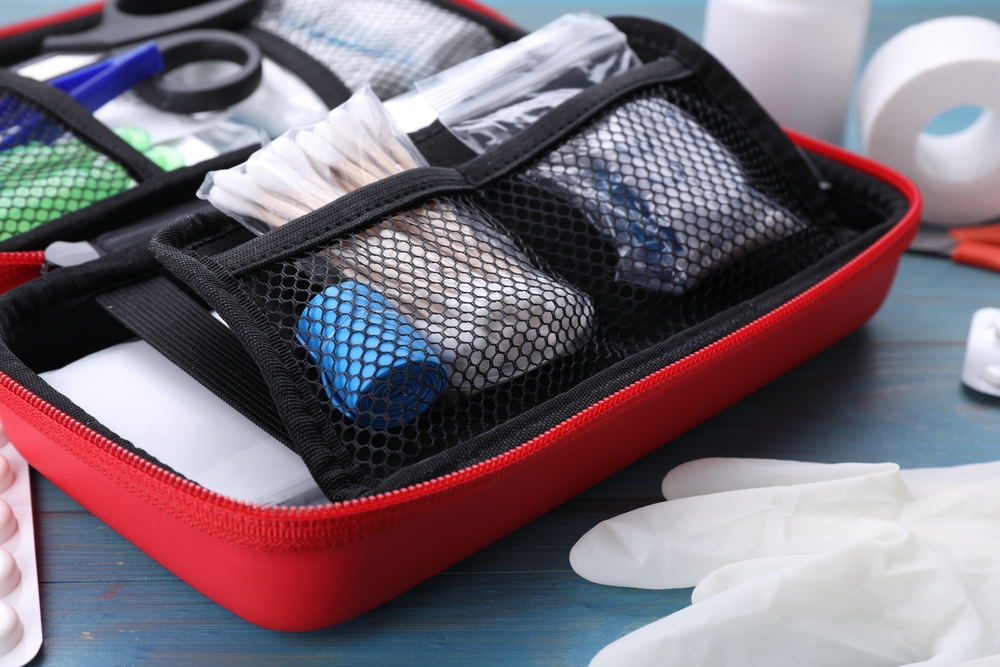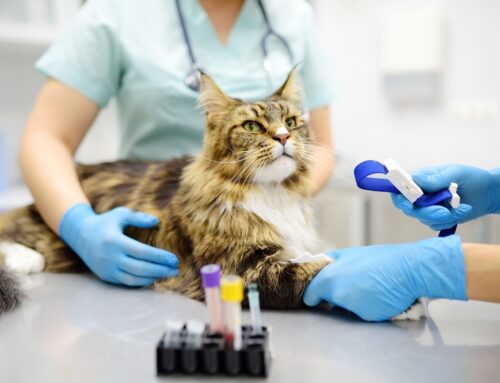Pet Emergency Prep 101: What Every Owner Should Know
That heart-sinking moment when your pet starts acting “off”- refusing food, limping, breathing oddly- can send anyone into a panic. Emergencies are never convenient, and they rarely come with clear instructions. At Oliver Animal Hospital in Austin, Texas, we know that even a little preparation can make a major difference when every minute matters.
Knowing what to do before an emergency strikes not only helps your pet- it helps you stay calm and confident. This guide walks you through the basics of pet emergency preparedness, including what to watch for, how to respond, and how to stay ahead of the unexpected.
What Counts as a Pet Emergency?
Not every unusual behavior is an emergency, but some situations need immediate care. These include:
- Trauma (falls, bites, car accidents)
- Difficulty breathing
- Seizures or loss of consciousness
- Sudden collapse or severe weakness
- Swollen, tight abdomen
- Persistent vomiting or diarrhea
- Suspected toxin exposure
For a helpful reference, see the AVMA’s list of 13 animal emergencies. If you’re unsure, it’s always better to err on the side of caution and call your vet.
Why Preparation Matters
Emergencies are stressful- but panic doesn’t help anyone. When you’ve already thought through what to bring, who to call, and how to act, you can move faster and think more clearly.
Being prepared means less scrambling and more confidence, even during a high-stress moment.
We’ve seen firsthand how helpful it is when clients show up with their pet’s medical history, know the timing of when symptoms started, and have the right supplies on hand. It’s not about being perfect- it’s about giving yourself a little head start when the clock is ticking.
How to Prepare Ahead of Time
Build a pet emergency kit with:
- Medical and vaccination records
- Gauze, antiseptic wipes, tweezers, and scissors
- Any prescription medications your pet takes
- Leash, collar, and extra ID tags
- Collapsible food and water bowls
- A blanket or towel
- A toy or treat for comfort
- Well-fitting muzzle
Save emergency contacts, including:
- Your primary vet’s info- here’s Oliver Animal Hospital’s We’re available to take many emergencies during our regular hours, but please call us first. We may redirect more serious emergencies to 24/7 critical care hospitals with ICUs.
- The nearest emergency clinic
- ASPCA Poison Control: 888-426-4435 (24/7)
Microchip your pet so they can be identified and returned to you if separated.
- Consider taking a pet first aid class to gain hands-on skills before you need them.
Recognizing Warning Signs
Some emergencies are obvious. Others start with subtle symptoms. Here are signs to watch for:
| Symptom | Possible Cause |
| Rapid breathing or wheezing | Respiratory distress, allergic reaction |
| Bleeding that won’t stop | Trauma, internal injury |
| Bloated or distended abdomen | Gastric torsion, internal bleeding |
| Collapse or disorientation | Neurological event, shock, heatstroke |
| Vomiting or diarrhea | Toxins, infections, gastrointestinal blockage |
| Sudden behavior change | Pain, illness, neurological issue |
For more detailed signs, consult AAHA’s emergency symptom checklist and AAHA’s guide on respiratory distress.
First Aid for Pets: What You Can Do on the Way
While emergency care should always be your end goal, basic first aid may stabilize your pet en route:
- CPR for dogs and cats: Knowing how to do this can save lives. Review Cornell’s step-by-step infographic.
- Control bleeding: Apply firm pressure with gauze or a clean cloth. Elevate the area if possible.
- Use a muzzle if necessary: Even the gentlest pet may bite if they’re in pain. A towel or soft cloth can be used- only if your pet is not struggling to breathe. Practice muzzling your pet at home with treats so that an emergency isn’t the first time they use it. It’s critical to protect yourself, too.
Learn more about pet first aid basics from Tufts University.
Preventing Emergencies: What You Can Do Today
While not every emergency is avoidable, many can be prevented with simple steps. Being proactive in your pet’s daily environment and routine goes a long way toward keeping them safe and healthy. Prevention isn’t just about avoiding the worst-case scenarios- it’s about creating a stable, secure world where your pet can thrive.
- Pet-proof your home: Pets are curious by nature, and that curiosity can lead to trouble. Store medications, household cleaners, sharp objects, and anything toxic in cabinets or containers your pet can’t access. Electrical cords, string, hair ties, and even holiday decorations like tinsel can pose serious risks if chewed or swallowed. Think of it as child-proofing, but lower to the ground.
- Secure balconies and fences: Even indoor pets can find themselves in danger if a screen is loose or a balcony rail is wide enough to squeeze through. Outdoor pets can be escape artists- inspect your fence regularly for gaps, loose boards, or areas where digging might let them slip out. Accidental falls and lost pets are two of the most preventable emergencies.
- Leash your pet outdoors: No matter how well-trained your dog is, the outdoors is full of unpredictable distractions. Squirrels, other animals, passing cars, or loud noises can cause even the most obedient dog to bolt. Using a leash keeps them close and controlled, especially in unfamiliar areas or busy neighborhoods.
- Stay cool in hot weather: Heatstroke can happen quickly- especially in dogs with flat faces, thick coats, or underlying health conditions. Avoid walking your dog during peak heat hours, and always bring water along. Never leave pets in a parked car, even for a minute. On hot days, opt for short walks, shade, and lots of rest.
- Keep toxic plants and foods out of reach: Many common foods and plants are surprisingly dangerous to pets. Grapes and raisins can cause kidney failure in dogs. Chocolate, onions, garlic, and xylitol (a common sweetener) can be deadly. For cats, lilies are particularly toxic- even licking the pollen can lead to kidney failure. Keep a list of toxic items handy, and double-check before bringing new plants or snacks into your home.
- Stay up to date on vet visits: Regular checkups are more than just routine- they’re a safety net. Preventive care helps us detect small issues before they escalate into emergencies. For instance, a dental infection caught early might just require antibiotics. Left untreated, it could lead to pain, facial swelling, or a jaw abscess. Similarly, routine bloodwork can uncover hidden conditions like kidney disease or diabetes long before symptoms appear.
Taking just a little time now to create a safer environment can save you- and your pet- from serious stress down the road. Emergencies may still happen, but when you’ve done what you can to prevent them, you’re one step ahead.
For more proactive safety tips, see UW-Madison’s guide to preventing pet emergencies.
What to Bring During an Emergency Visit
If you’re heading to the clinic, grab:
- Medical records or your pet’s vaccine history
- A list of current medications or supplements
- Photos or videos of symptoms (e.g., limping, coughing, seizures)
- Payment method and any pet insurance information
- Emergency contact info

Common Questions About Emergencies
How do I know if it’s really an emergency?
If you’re unsure, call. We’ll help you assess. Read the AAHA’s “Is This an Emergency?” guide now, so you know what to look for before an urgent situation arises.
Can I give my pet human medication in a crisis?
No, unless your vet has given you specific directions to do so. Many human meds are toxic to pets. Always consult your veterinarian first.
What if I can’t afford emergency treatment?
Let us know. We’re here to work with you on prioritizing care and exploring options.
We’re Here When You Need Us Most
Emergencies can be overwhelming. But being prepared, even just a little, can make a big difference. At Oliver Animal Hospital in Austin, Texas, our team is here to support you.
To ask questions, prepare a plan, or schedule a wellness visit, contact us, explore our services, or meet our team. We’re honored to be your partner in every moment- routine or urgent.







Leave A Comment